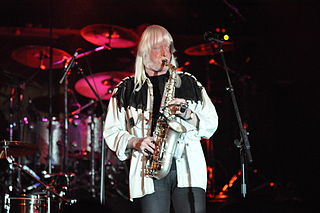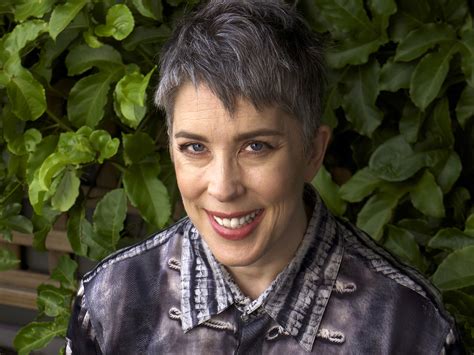A Quote by Wayne Grady
In Windsor in the forties, and even up into the fifties and sixties, if you were black, you had to sit in the balcony of the theatres, and you couldn't buy property in most places.
Related Quotes
I think The Doors are one of the classic groups, and I think we're all tempted to feel like the time in which we grew up was somehow special, but I really do believe that there were two golden eras in music: The Forties and Fifties of big band, jazz and swing, and the Sixties and Seventies of rock. To me, they're really unparalleled.
I've worked in several different places, most of my experience comes from spending eight summers at a camp for adults with a wide range of disabilities. For six years I spent every summer living in a small cabin with five men with Downes Syndrome. It was just me and these five guys, all in their forties and fifties. We had such a great time.
I was wowed by Margo Jefferson's memoir, Negroland, which is about growing up black and privileged in Chicago in the fifties and sixties. It was a window into an alien world. Obviously, I'm not black, but what was really alien to me was her family's focus on respectability. I was never taught when to wear white gloves, what length skirt is appropriate.






































